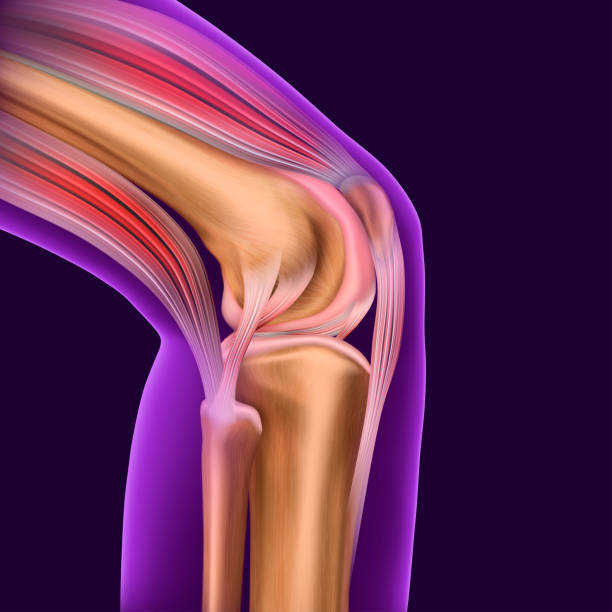
Knee tendonitis is one of the most common knee injuries that you can develop as an athlete during sports or as someone with an active lifestyle. Knee tendonitis, also known as “Jumper’s knee” and patellar tendonitis, is the inflammation of your knee tendon that links your kneecap (patella) to your shinbone (tibia).
Let’s talk about the patellar tendon, how knee tendonitis happens, and where you can get the treatment of knee tendonitis in North Dakota.
Patellar Tendon and Its Inflammation
The patellar tendon connects the bottom of your patella to the top of your shinbone. It provides stability by holding the bone together. The patellar tendon works in tandem with your thigh muscles (quadriceps) and other connective tissues and helps you move, kick, run, and jump. Thanks to the patellar tendon, you can also straighten your knee.
The inflamed or irritated patellar tendon results in knee pain that may range from mild to severe. This pain worsens over time and, if left untreated, can become debilitating, along with other symptoms such as discomfort and soreness. Knee pain caused by patellar tendonitis can affect your athletic performance and stop you from participating in your favorite games.
How Does It Happen?
It’s still unknown to healthcare providers how and why patellar tendonitis occurs. However, it’s believed that one of the major reasons for knee tendonitis is the overuse of the knee, such as frequent jumping on hard surfaces. Also, repeated sprinting and jumping can put a lot of stress on the bands of your patellar tendon tissues and cause knee tendonitis. Patellar tendonitis also happens when you suddenly change your direction or land from the jump. Someone who pushes the knee-tendon tissue too far, or too fast, over and over again also puts a lot of stress on it and develops knee tendonitis.
The minor strains and tiny tears due to repetitive stress also cause the weakening of your tendon tissues down the road and lead to a tendon tear.
The exact cause of patellar tendonitis is yet to find. However, it’s considered that some activities damage the tendon tissue and develop patellar tendonitis. These activities include:
- A sudden, sizeable increase in your activities such as jumping
- Returning to the sport at full strength after a break instead of getting back to your regular routine slowly
Tendonitis Knee Treatment in North Dakota
Knee tendonitis can affect any person with an active lifestyle. So, if you or your loved one have knee pain that has made your routine task such as climbing stairs and standing up painful, don’t hesitate to contact our knee experts at The Bone & Joint Center. Our knee doctors will take your thorough medical history and ask about your symptoms. They will also perform a physical exam to evaluate your symptoms and range of motion. Then, they will devise a treatment plan that is focused not only on managing your symptoms and treating the problem but also on strengthening your soft tissues to avoid future injuries.
If you would like to get treatment for your knee pain, schedule an appointment with one of our knee experts by calling at (800) 424-2663 or complete our online request form now. We look forward to helping you!

